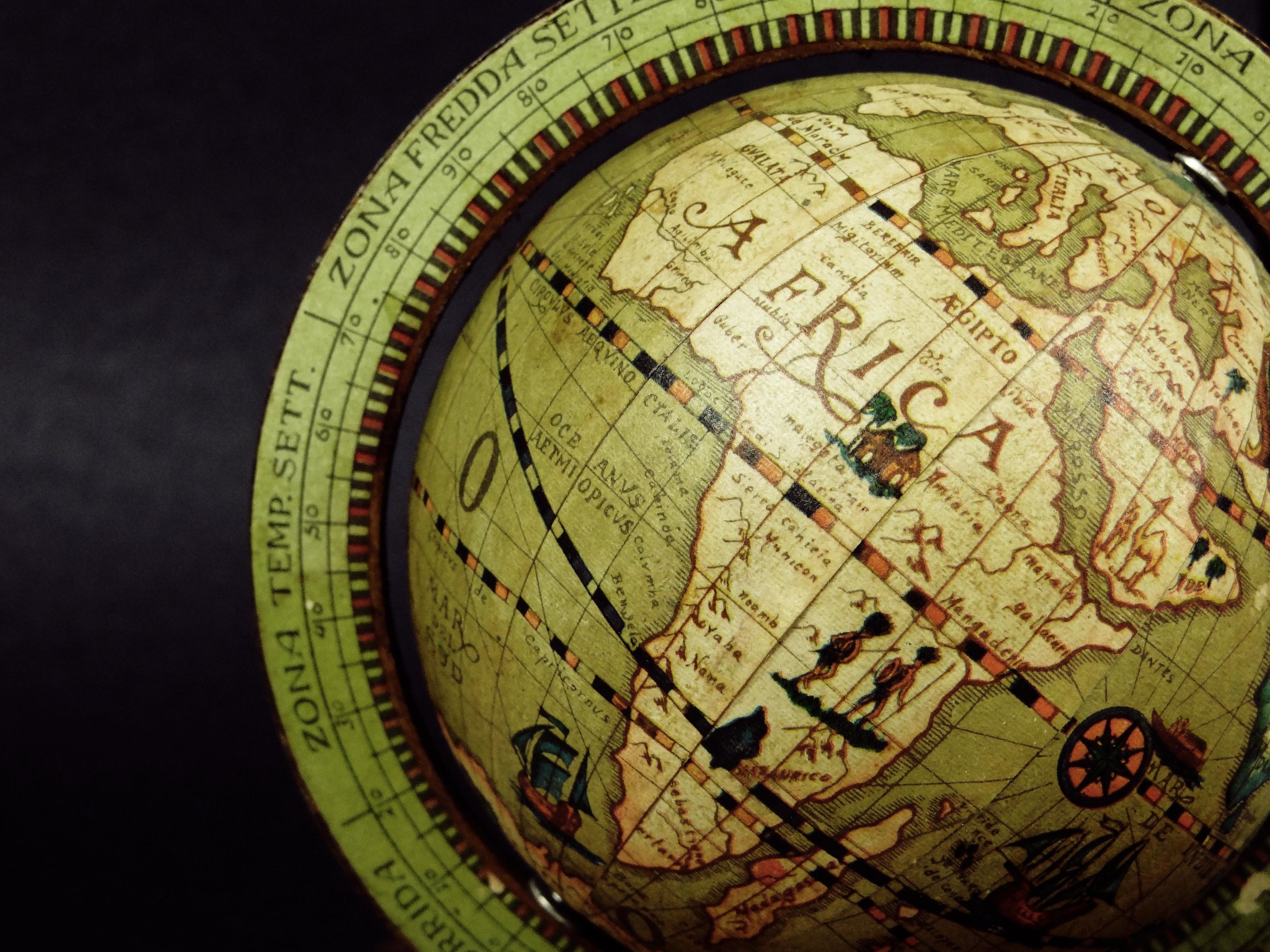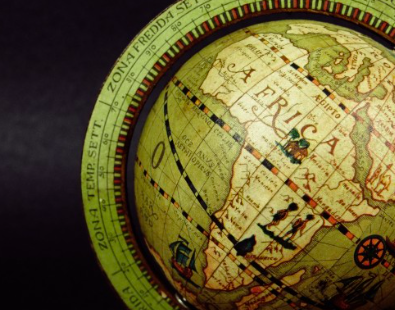so you want to change the world
When I was interviewing at Yale's Physician Assistant program, I was 22 years old, sitting across from a daunting admissions committee. One of the men on the panel lowered his reading glasses, looked down at me, and asked, "Ms. Thebarge, why should we let you into Yale?" In that moment, I knew I had two choices. I could play it safe and give the usual answers -- talking about Yale's advantages, and about my GPA, volunteer experience and pre-requisite courses.
Or, I could go for broke and tell the man what I was really thinking.
I decided that Yale was never going to let a soft-spoken Baptist pastor's daughter in anyway, so I went for broke.
I said, "The reason why you should let me into Yale is because I'm going to change the world someday, and I'm giving you the chance to say, 'We knew her when.'"
The admissions panel was speechless.

Looking back, I'm not sure it was wise to give an answer that sounded not only confident, but cocky. But at the time, I really meant it. I knew the world was an incredibly broken place in need of a lot of repair, and I was passionate about orienting my life to make a positive contribution to places that were in need -- so much so that, to motivate me to take courses in math and science (which were not my favorite) in high school, I taped two photos to the inside of my locker. The photos were black-and-white, clipped from the Philadelphia Inquirer, which my dad bought every Sunday.
One photograph was of a woman in Haiti who had been horribly burned. The U.S. had imposed a fuel embargo on Haiti, so people started selling fuel at roadside stands, dangerously close to the kerosene lamps that provided light after the sun went down. If the kerosene lamps got too close to the fuel, the fuel exploded and, as in the case of this woman, caused horrific burn injuries. The picture was so shocking, I sent a copy of it and a hand-written letter to Bill Clinton, who was president at the time, asking him to lift the embargo so people in Haiti would be safer.
The second picture was of two men running with a stretcher that held a man who had been injured in the Bosnia-Herzegovina conflict. When I saw the photo, my heart went out to the man on the stretcher whose face was contorted with pain. And I was inspired by the medical professionals who were helping him. The photo just made me think, I want in.
So when the man at Yale asked me why they should admit me, I was on fire with empathy and passion to make a difference in a world that I knew was vast and in pain.
I don't know if it was because of or in spite of my answer, but I got into Yale. The dean called me the following morning and said, "We know you have interviews scheduled with other programs, but we'd like you to turn them down and come to Yale." So I did.
Last year I worked at a hospital in Togo for three months. When I returned to the U.S., I went on a 20-university speaking tour and had the opportunity to speak to thousands upon thousands of college students. Afterwards, at the book-signing table, I had one-on-one conversations with hundreds of students. The most common question they asked was, "I want to change the world. What do I do?"
Over the next few days, I'm going to blog about the conversations I've had, the journey I've been on, and what I've learned from my experiences.
In the meantime, I'm curious to hear from you. Did you ever say to anyone, "I want to change the world"? What did you mean when you said that? What has it looked like for you? What do you wish you'd known when you started?
